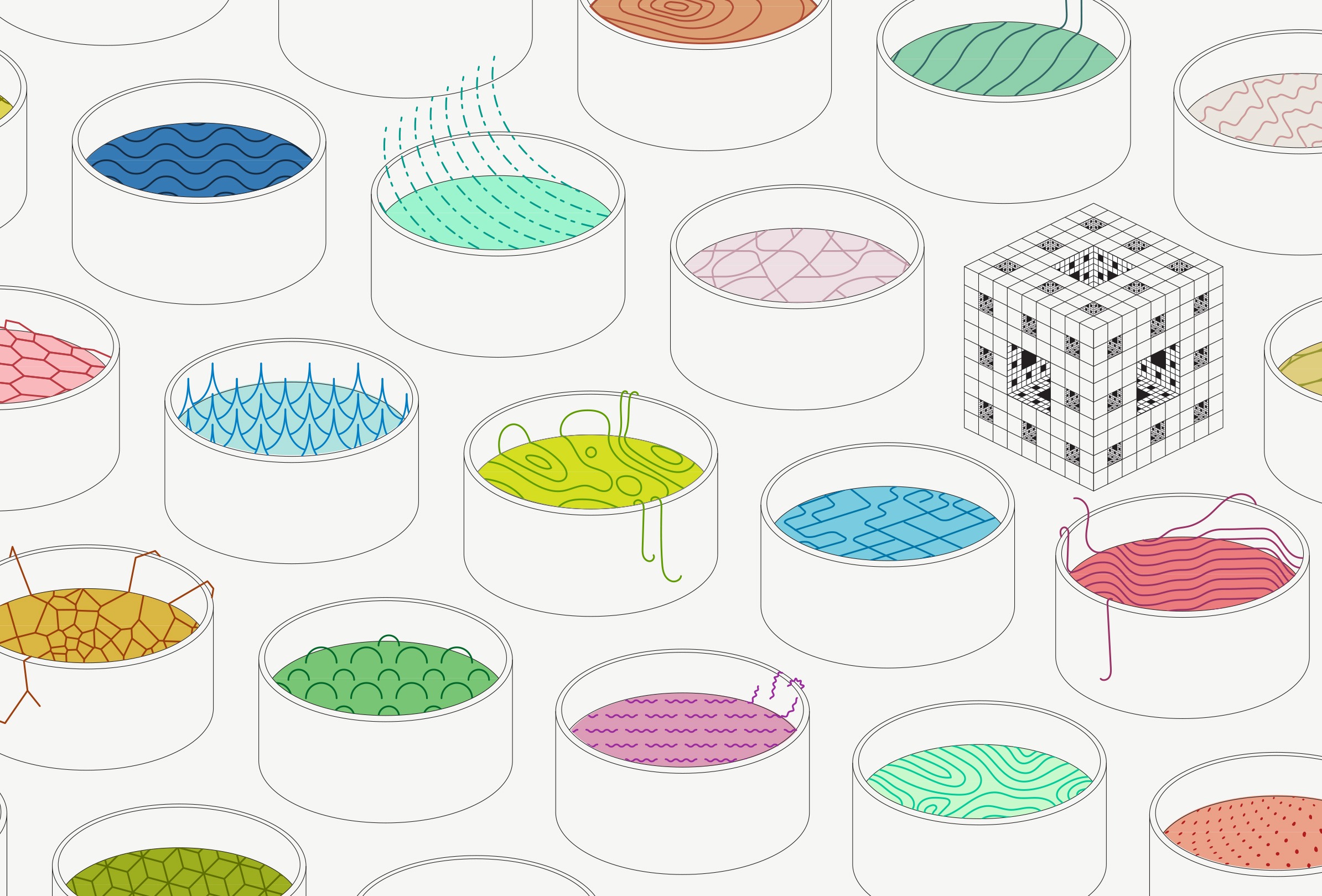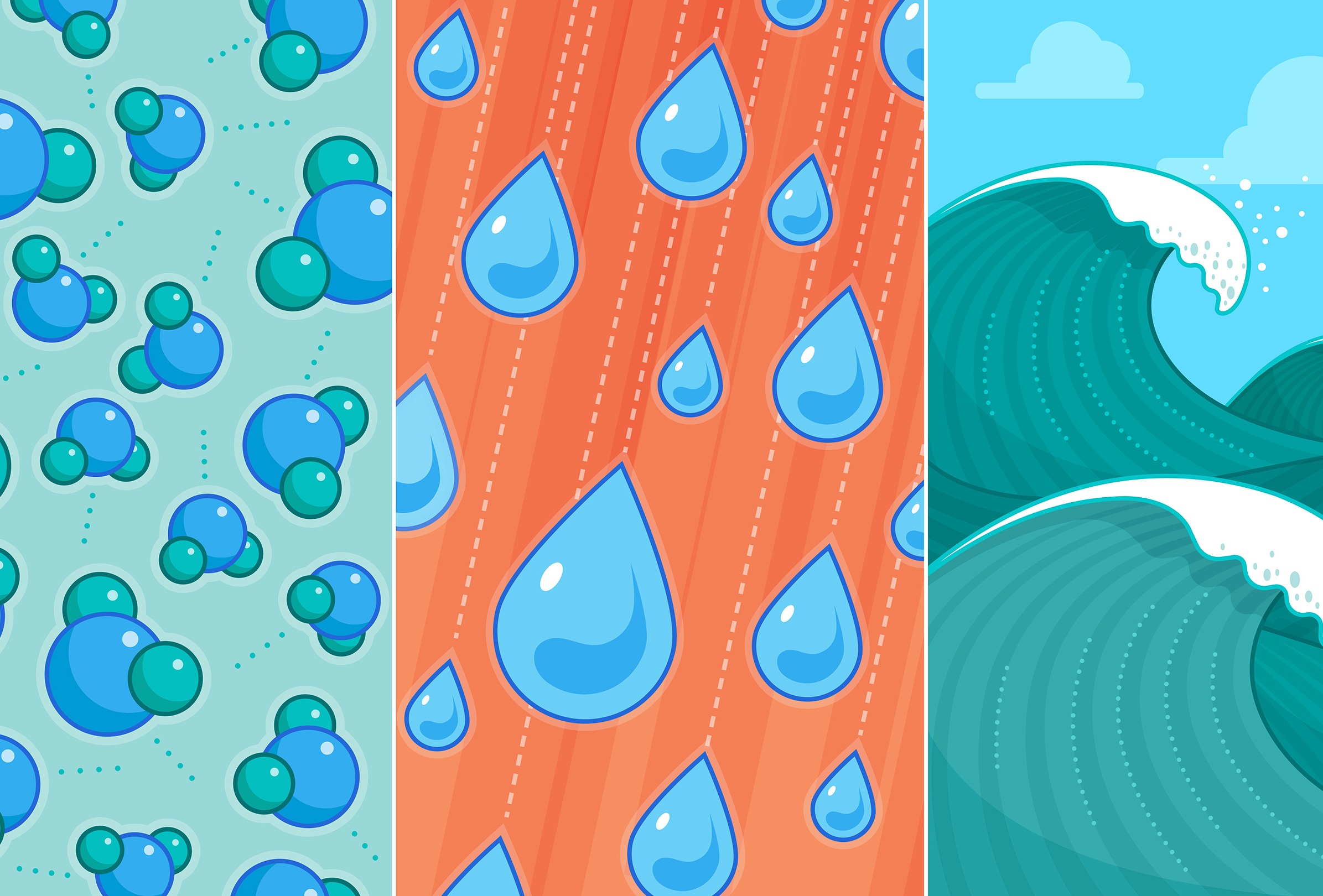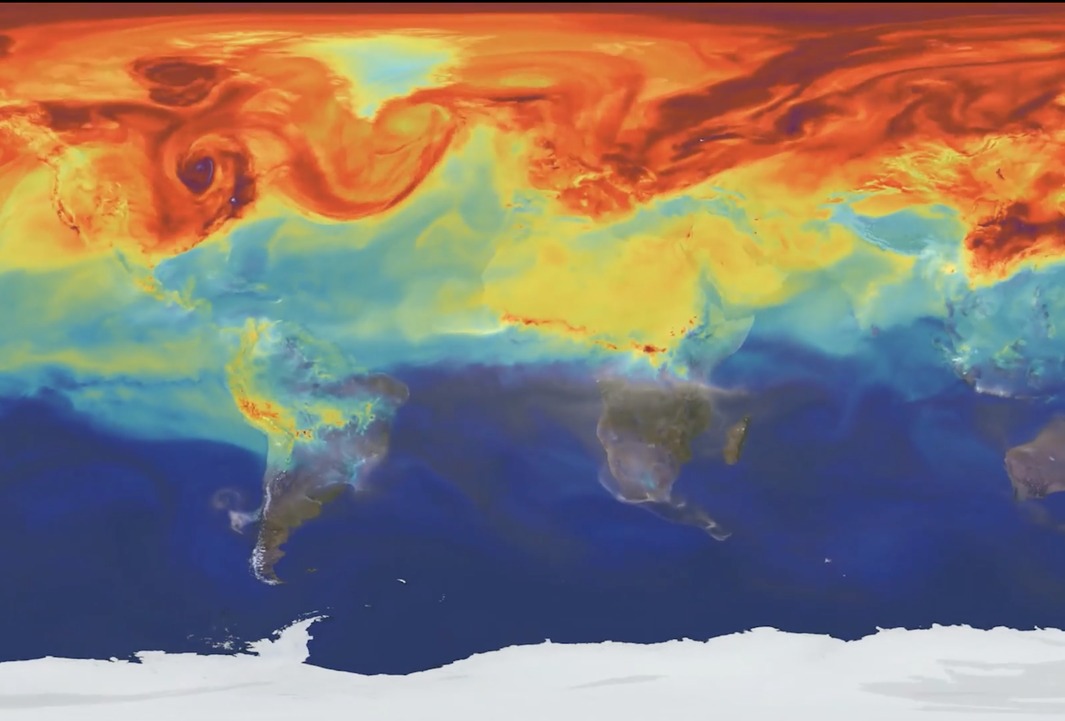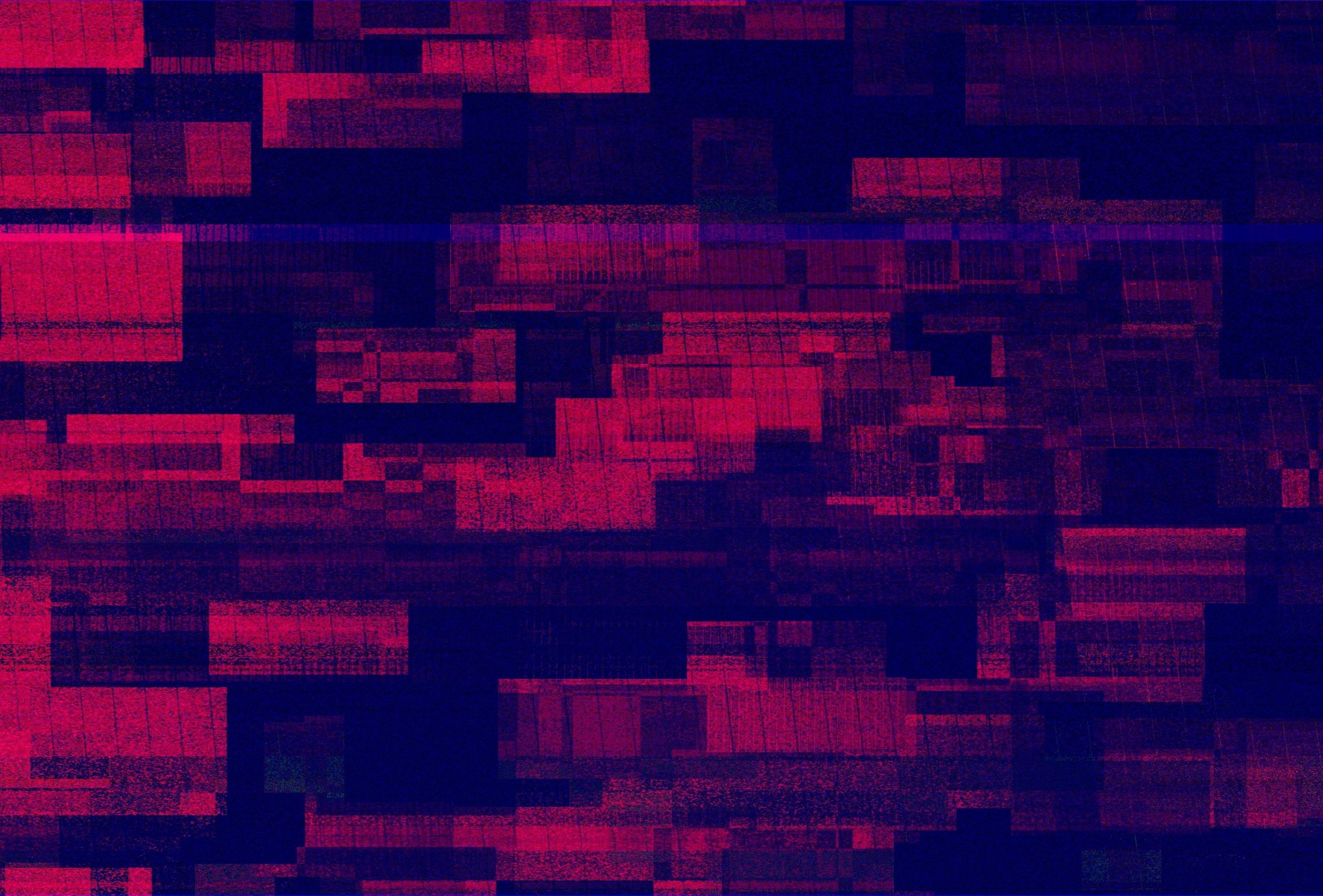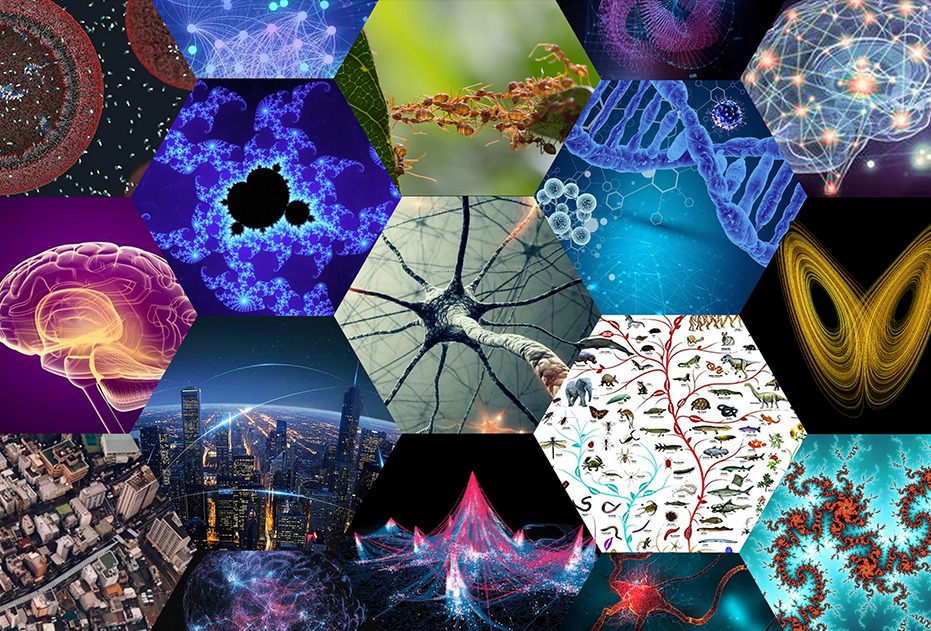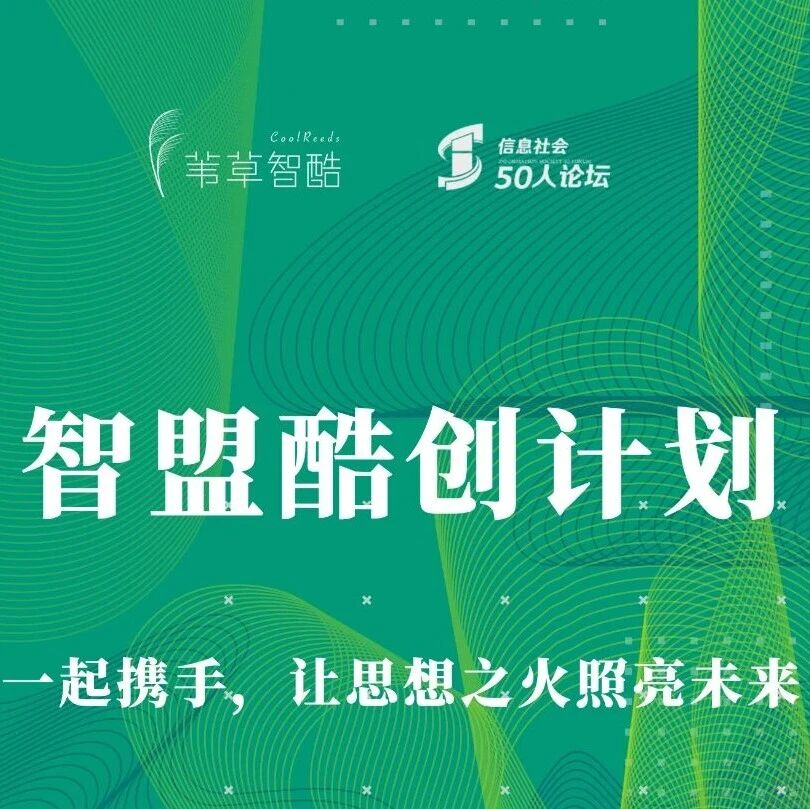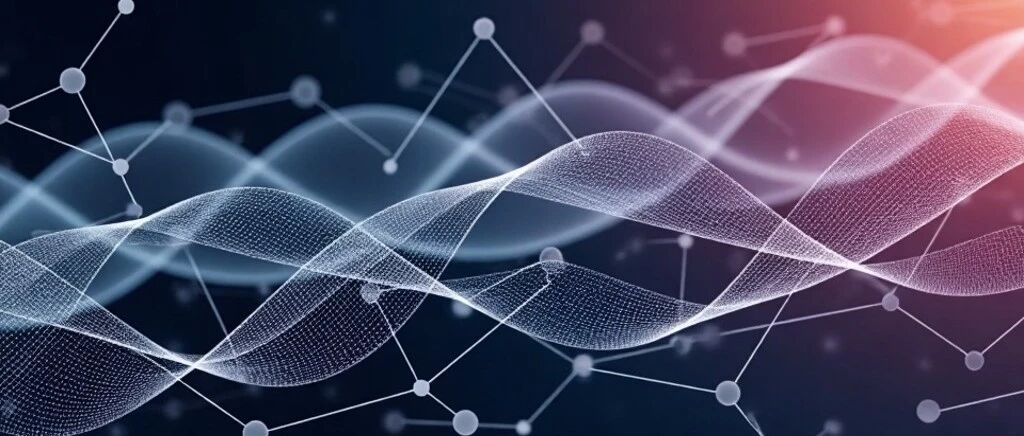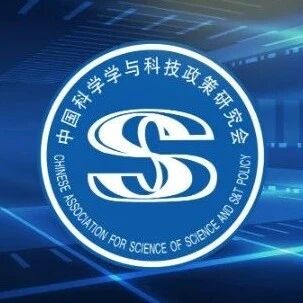会议预告丨CLeaR (Causal Learning and Reasoning) 2022国际会议4月11-13日举办

导语
CLeaR (Causal Learning and Reasoning) 2022国际会议将在2022年4月11-13日举行。本次会议邀请因果科学领域的学者包括Judea Pearl、Alison Gopnik、James Robins、Peter Spirtes等人共同探讨因果学习与推理的最新进展,希望对因果科学感兴趣的你积极参与!
因果关系是科学和工程领域的一个基本概念。一方面,在过去的几十年里,因果发现、因果推理和因果机器学习中一些最具影响力的发展都是跨学科努力的结果。已经出现了许多机器学习和统计方法用于处理经典的因果发现和推理问题。另一方面,因果观已被证明能够促进形成、理解和解决迁移学习、强化学习和深度学习中的许多机器学习难题。
CLeaR 2022将于2022年4月11日至13日在美国加利福尼亚州尤里卡举行,国内学者可线上参与。
Causality is a fundamental notion in science and engineering. In the past few decades, some of the most influential developments in the study of causal discovery, causal inference, and the causal treatment of machine learning have resulted from cross-disciplinary efforts. In particular, a number of machine learning and statistical analysis techniques have been developed to tackle classical causal discovery and inference problems. On the other hand, the causal view has been shown to be able to facilitate formulating, understanding, and tackling a number of hard machine learning problems in transfer learning, reinforcement learning, and deep learning.
CLeaR 2022 will be held in Eureka, CA, USA from April 11 to 13, 2022, with virtual elements.

会议组委会
会议组委会
会议主席 Conference Chair:

Bernhard Schölkopf
Max Planck Institute for Intelligent Systems, Germany

Caroline Uhler
Massachusetts Institute of Technology, USA

Kun Zhang(张坤)
Carnegie Mellon University, USA
参会方式
参会方式
国内学者可以选择线上参与,会议报名链接:https://clear2022.regfox.com/conference-on-causal-learning-and-reasoning
报名后可通过zoom链接参与线上报告。
收费标准
学生:$50.00
其他学者:$100.00
会议邀请
会议邀请

Alison Gopnik
University of California, Berkeley
报告题目:
Causal Learning in Children and Computers
摘要:
I will describe our research showing how even very young human children engage in effective causal inference – discovering new causal relationships through observation and intervention. This includes not only inferring specific causal relationships but the discovery of abstract causal “over-hypotheses” , variable discovery, analogical reasoning and active learning through exploration. I will discuss implications for causal learning in AI systems.
学者介绍:
艾莉森·高普尼克(Alison Gopnik)是加州大学伯克利分校(University of California at Berkeley)的心理学教授和哲学副教授。她是认知科学的世界领导者,尤其是在儿童学习和发展方面的研究。她是认知科学协会(Cognitive Science Society)和美国科学促进会(American Association for the Advancement of Science)的会员,也是美国艺术与科学院(American Academy of Arts and Sciences)的成员。
学者主页:
http://alisongopnik.com/

Judea Pearl
University of California, Los Angeles
报告题目:
The Science of Cause and Effect: From Deep Learning to Deep Understanding
摘要:
We will define “deep understanding” as the capacity to answer questions at all three levels of the reasoning hierarchy: predictions, actions, and imagination. Accordingly I will describe a language, calculus and algorithms that facilitate all three modes of reasoning, using a data + model symbiosis. The talk will then summarize several reasoning tasks that have benefitted from this calculus, including attribution, mediation, data-fusion and missing-data. I will conclude with future horizons, which include: automated scientific explorations, personalized decision making and social intelligence.
学者介绍:
朱迪亚·珀尔(Judea Pearl)是美国以色列裔计算机科学家和哲学家,加州大学洛杉矶分校(University of California, Los Angeles)认知系统实验室主任。曾获2012年图灵奖和2011年鲁梅哈特奖。他提出了结构因果模型,还在人工智能概率方法和贝叶斯网络的上做出了突出贡献。
讲者主页:
http://bayes.cs.ucla.edu/jp_home.html

James Robins
Harvard School of Public Health
报告题目:
The Bold Vision of Artificial Intelligence and Philosophy: Directed Acyclic Graphs and Causal Discovery from Non-Independence Constraints
摘要:
My talk is a Parable of Statistics and Big Data wherein our hero pulls a rabbit out of the hat without first putting a rabbit into the hat and thereby wins the Nobel Prize in Biology.
学者介绍:
詹姆斯·罗宾斯(James Robins),流行病学家和生物统计学家,哈佛大学陈曾熙公共卫生学院(Harvard School of Public Health)教授。主要研究方向为从复杂的观察性和随机研究中得出因果推论的分析方法,他曾获2013年内森·曼特尔奖。
学者主页:
https://www.hsph.harvard.edu/james-robins/

Peter Spirtes
Carnegie Mellon University
报告题目:
Inferring Causal Relations from Sample Data
摘要:
I will present a broad overview of the assumptions, types of algorithms, and the limitations of algorithms for inferring causal structures from sample data, along with some illustrations of actual applications. I will explain how the different assumptions and kinds of data (e.g. no latent confounders, parametric constraints, and i.i.d. data) affect inference, and some recent advances that have been made in relaxing the assumptions that have been commonly made in the past. I will briefly relate causal inference to some problems in Artificial Intelligence.
学者介绍:
彼得·斯皮尔特斯(Peter Spirtes),卡耐基梅隆大学(Carnegie Mellon University)哲学系主任。他的主要研究方向为哲学、统计学、图论和计算机科学的交叉学科,其主导开发的开源因果发现平台TETRAD获得了2020年世界人工智能大会的卓越人工智能引领者奖。
讲者个人网站:
https://www.cmu.edu/dietrich/philosophy/people/faculty/spirtes.html
会议日程
会议日程
(PDT时间)
2022年4月11日报告

2022年4月12日报告

2022年4月13日报告

会议更多介绍详见:https://www.cclear.cc/2022
因果科学读书会第三季
由智源社区、集智俱乐部联合举办的因果科学与Causal AI读书会第三季,将主要面向两类人群:如果你从事计算机相关方向研究,希望为不同领域引入新的计算方法,通过大数据、新算法得到新成果,可以通过读书会各个领域的核心因果问题介绍和论文推荐快速入手;如果你从事其他理工科或人文社科领域研究,也可以通过所属领域的因果研究综述介绍和研讨已有工作的示例代码,在自己的研究中快速开始尝试部署结合因果的算法。读书自2021年10月24日开始,每周日上午 09:00-11:00举办,读书会现已全部结束,所有分享如图所示。
感兴趣的学者可扫码加入读书会可观看所有回放。


